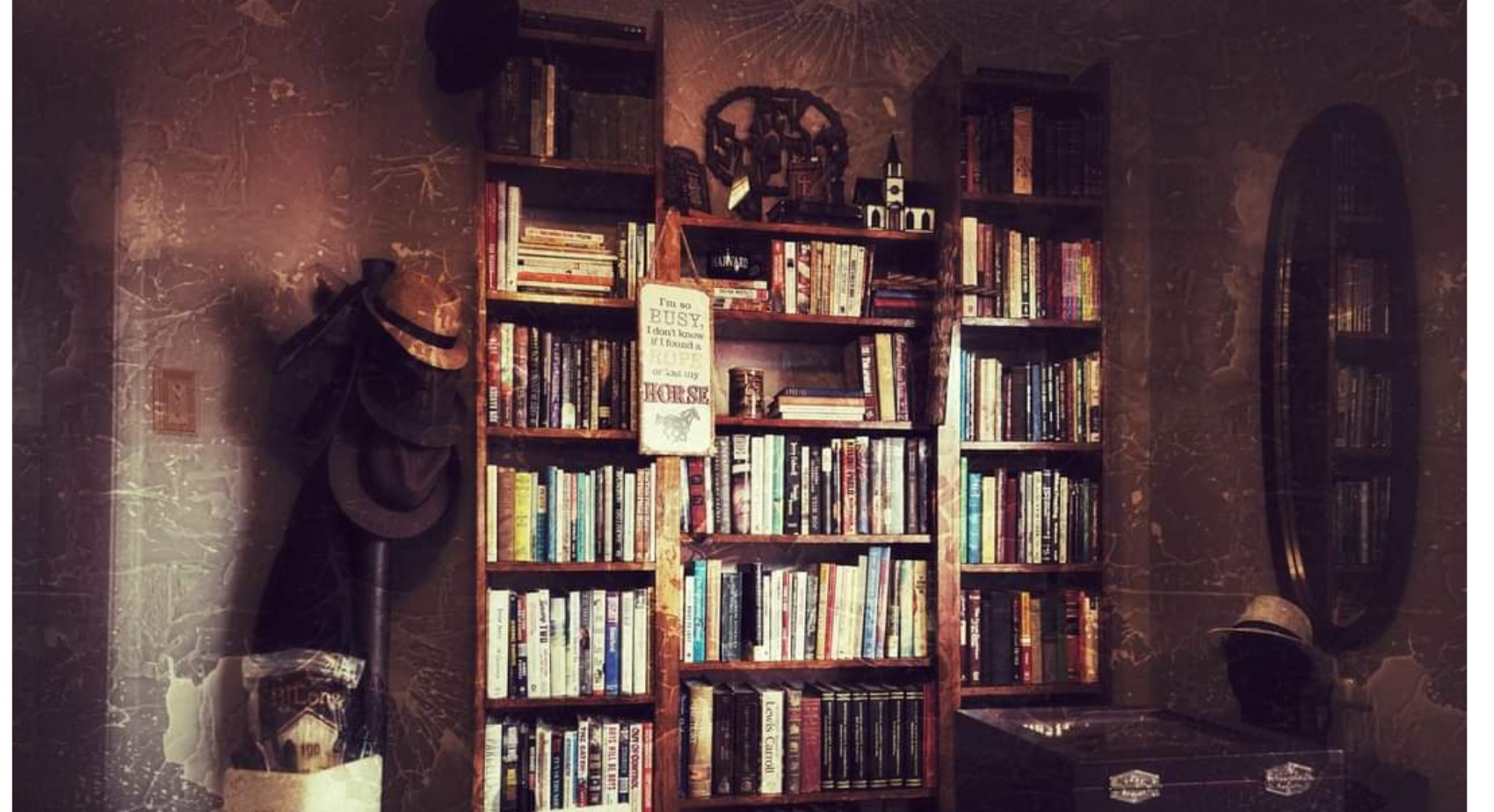and find what you are looking for
I have never been lost but I was bewildered once for three days.
Daniel Boone
Learn to be still to find what you are looking for

I am something of an expert at locating lost items. Years of practice have taught me the process of overcoming the misplaced by being quiet and still.
My wife and I are bad about leaving things like our eyeglasses laying around and then frantically searching to find them. Eyeglasses are not the only things we “lose” but come to mind because they present the added frustration of being unable to see well while searching. It could just as well be car keys, shoes, or jewelry.
My technique is simple. I stop. Breathe. Go into a Zen state. Then, I retrace my step backward and then forward to identify the most likely places for misplacement.
The technique works like an ancient magical relic. I am the Daniel Boone of the lost household items. They are never lost, just misplaced a while.
Listening to the Eagles on Spotify, I came across the song Learn to Be Still and could not remember knowing it, though maybe I did at some point.
The song grabbed my attention, so I listened on a loop for a spell before looking up the lyrics.
Not ready to commit to monthly support of The JourneyMan? How about a one-time coffee-sized contribution? Click the button below
The Psalmist: Be Still and Know
Of course, the notion of being still is one every Christian has considered. The Psalmist David insisted so eloquently that we do, when he wrote,
Come, see the works of the LORD,
who brings devastation upon the earth.
He makes wars to cease throughout the earth;
He breaks the bow and shatters the spear;
He burns the shields in the fire.
“Be still and know that I am God;
I will be exalted among the nations,
I will be exalted over the earth.”
Psalm46:10
The Psalmist’s call to calm is an oft-repeated plea from pulpits today.
The Eagles, Modern Psalmists?
The Eagles’ song goes like this:
Just another day in paradise As you stumble to your bed Give anything to silence Those voices ringing in your head You thought you could find happiness Just over that green hill You thought you would be satisfied But you never will Learn to be still We are like sheep without a shepherd We don't know how to be alone So we wander 'round this desert Wind up following the wrong gods home But the flock cries out for another And they keep answering that bell One more starry-eyed Messiah Meets a violent farewell Learn to be still
They may be taking all religious types to task, calling out believers of every kind. The reference to a starry-eyed Messiah meeting a violent farewell and the notion of following “the wrong gods home” could be aimed at the faith of the Christ-follower.
I am not going to quibble over this. I am settled in my faith and satisfied that the Messiah is all He claimed and that death was the victim, not Him. That settled, I move on to consider the words that caught my ear.
Here they are
There are so many contradictions
In all these messages we send
Keep asking
How do I get outta here?
Where do I fit in?
Though the world is torn and shaken
Even if your heart is breakin’
It’s waiting for you to awaken
Someday you will
Learn to be still
The writers Don Henley and Stanley Lynch concentrate on the messages we send, rather than the ones we receive. They boil all of our queries down to questions about how to get out of whatever jam we find ourselves in and how to find where we fit in the scheme of things.
What contradictions! How do I get out? Where do I fit in?
This makes me consider, and when I do consider, I consider that, for humanity, every discovery is self-discovery, every inquiry is a look inside. We don’t know anything when we fail to know ourselves.
This makes me consider, and when I do consider, I consider that, for humanity, every discovery is self-discovery, every inquiry is a look inside. We don’t know anything when we fail to know ourselves.
We project. We look at the world and others through the lens of prejudice. We see the worst of ourselves in the best of others and only see the best of ourselves when we make comparisons and judgments.
“We see the world not as it is, but as we are,” wrote author Anais Nin.
Long before that, the Apostle Paul wrote to his protégé Titus, “To the pure, all things are pure; but to the defiled and unbelieving, nothing is pure. Indeed, both their minds and their consciences are defiled.” (Titus 1:15)
Wasn’t Paul saying the same thing as Anais? If you do not trust your own heart, you will never trust another’s. Suspect people suspect people of suspect behavior.
Suspect people suspect people of suspect behavior.
Some call the innocent “gullible.”
What??? No! Innocence is only mocked by the guilty who despise those who do not share in their guilt. That is when you seek to marginalize the innocent by calling them gullible and unrealistic and not living in the real world. Pathetic. You know that misery loves company but this does not mean you need your face next to the quote.
Let’s be careful how we train our children.
The untrusted will never trust. The abused will abuse. The defiled will defile. The loved will love. Children learn what they live and then live what they learn. There are exceptions, of course. Exceptional people may defy the abuses and disadvantages of a bad childhood and disturbed people may rebel against the good examples and advantages received. Exceptions do not, however, disprove rules. That is why we call them exceptions.
The question here is simple: When will we and our children by watching our example learn to be still?
